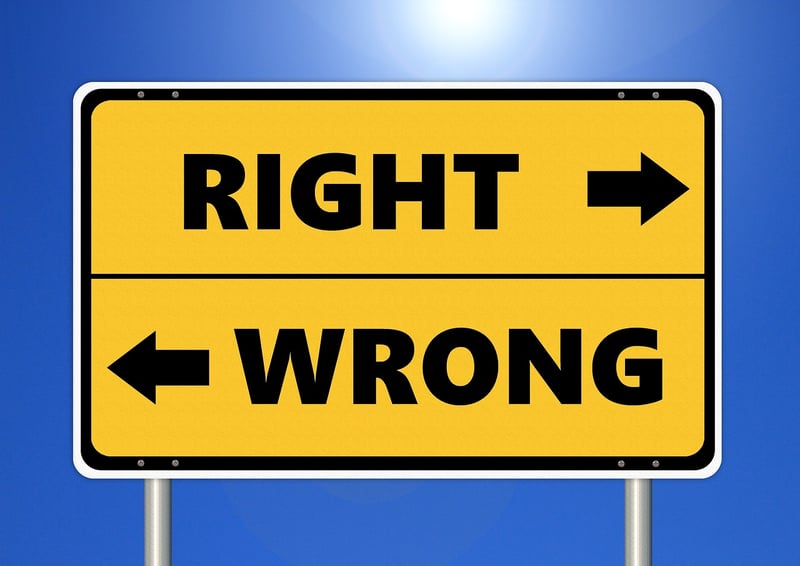Alteration Consequences
The Impact of Moral Considerations on Alteration Consequences
In today's society, the choices we make are often influenced by our moral values and beliefs. When it comes to alterations or changes, whether personal or societal, these moral considerations can play a significant role in determining the consequences that follow.
Understanding Moral Considerations
Morality refers to a set of principles that guide individuals on what is right and wrong. These principles are shaped by a variety of factors including cultural norms, religious beliefs, personal experiences, and societal expectations. When faced with decisions that involve alterations, individuals may weigh the moral implications of their choices.
The Impact on Alteration Consequences
When moral considerations are taken into account before making alterations, the consequences that follow are often more aligned with one's ethical framework. For example, a company that values honesty and transparency in its operations is likely to face positive outcomes when implementing changes that reflect these values.
Case Study: Environmental Conservation
Consider the case of a community facing a decision on whether to alter a natural habitat for economic development. Those who prioritize environmental conservation as a moral imperative may advocate for preserving the habitat, leading to consequences that benefit the ecosystem and future generations.
Conclusion
Ultimately, the intersection of moral considerations and alteration consequences highlights the importance of ethical reflection in decision-making. By staying true to one's moral compass, individuals and organizations can navigate changes with integrity and positive outcomes.

Image source: Pixabay
